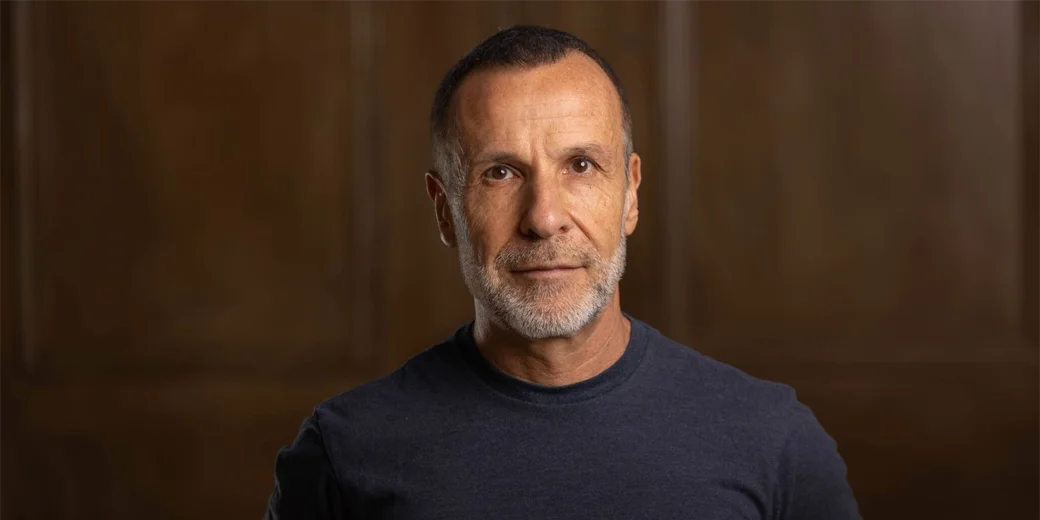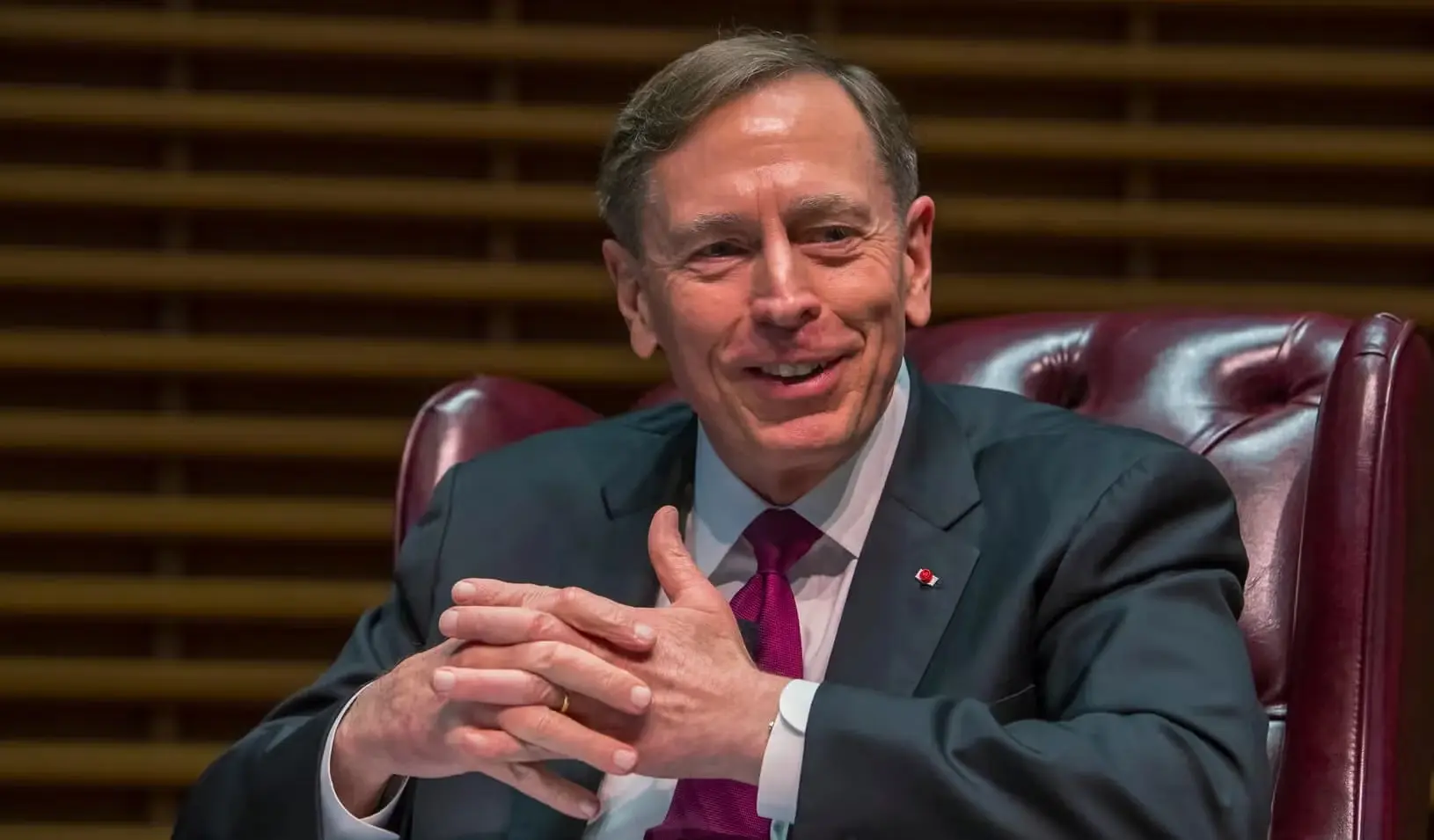*We are now accepting new clients for the 2026-27 cycle! Sign up here.
X
In this short episode of Status Check with Spivey, Mike talks about applicants' (deeply understandable) tendency to catastrophize in law school admissions.
You can listen and subscribe to Status Check with Spivey on Apple Podcasts, Spotify, Audible, Stitcher, YouTube, SoundCloud, and Google Podcasts.
Welcome to Status Check with Spivey, where we talk about life, law school, law school admissions, a little bit of everything. Today, entirely unscripted—I actually literally just walked into my office from a run. I saw on my drive back that someone had posted on Reddit—and this is not me picking on this person; I have a lot of sympathy for them, because I've been there, and I have 23 years’ experience reading and listening to concerns like this.
The post was, “Did I completely mess up my chance of admissions?” and the Reddit poster's concern was that they submitted 11 apps last night, they submitted the incorrect version of their resume that had two errors, one being the starting year of employment, the other was a reverse chronological order issue. Here's the thing, and I'm trying to be both transparent, sincere, share the admissions perspective with everyone: When the stakes seem high, which they do for you all now, every little minor thing can play out in your mind in the worst kind of way. It's called catastrophizing.
I learned that word from Dr. Guy Winch, a famous TED Talk psychologist on mental health and wellbeing. Listen to his TED Talks; he'll do it much better than I'm doing it right now; they have over 25 million views. But I've seen it in 23 years of law school admissions and law school administration. I've seen it with law school Deans who are applying to college presidencies. They'll send an email, and three days go by, and they won't hear an email back from the Board of Regents or Board of Trust from the school, and they'll be freaking out. This calm leader, these calm, cool, and collected people, why all of a sudden are they panicking? Because the stakes seem high to them. They really want to be a college president. I've seen it in my own life, 100%. I'm 50 now and I’ve put a lot of work into myself, and even today at times, you know, if I really covet something—a book deal, for example—and it looks like things might not go through, I start catastrophizing.
Every application is going to have some blemish in it. To begin with, let's talk about the written application. When I was in admissions, reading files, reading 6,000 a year—I don't know, I can't even remember now, but I've read over 60,000 in my career—98 to 99% of them had some errors in them. The 1% that were flawless kind of did stand out, but of the 98% that had errors, in almost every case, we did not hold that against someone. Who are we in admissions to say that what we do is perfect? And everyone's on their phones these days, half the time I'm typing on Reddit, there are things I look at it five minutes later and I'm like, “Oh my goodness, why am I typing something while I'm driving?” People understand; people have been there. Minor typos—honestly, they're not even on the admissions committee's radar. Minor mistakes, minor word choices.
What you want to do in admissions is you want to have strong numbers. So like I've said many, many times, if you're going to invest in anything, invest in LSAT prep. And then you want to differentiate, which is what I try to help—my firm tries to help people with. But what you also want is be ebullient and upbeat. People love and are drawn towards ebullient, upbeat people. So if you submit an application with 7 errors in it, and you show up and visit the law school and you're a positive, outgoing, effervescent, eager about the school person who's done their homework, shows up on time, they're going to weigh so much more heavily your positive attitude. Which I'm sure the poster of this original content I was talking about has. That person is going to be—if they're not right on the fence, that person is going to be admitted whether they have two chronological errors in their resume or 7 typos in their resume. If they're right on the fence, a law school's going to take a differentiated applicant, ideally with good scores, who's upbeat, professional, and positive.
I wish I could respond—I wish I had more time to respond to all my Reddit messages about C&F. We have an entire C&F podcast with five people from our team I believe, over something like a hundred years admissions experience. We could count between the five of us on one hand the amount of time character and fitness issues actually in and of themselves kept someone out of law school. Almost entirely involving academic fraud and then lying about it. I have seen people with felonies go to law school. I had a client with seven drug convictions go to law school, go to a top six law school. Seven. They were in his past, it was behind him. He was open about it. He had completely changed his life.
You can completely get admitted with character and fitness blemishes, with emails that you send that have typos in them, with applications with a few mistakes. Of course, you'd rather not, and you're going to sleep better if you don't. But in the calmest, most sincere way I can possibly deliver this message, the reason why it seems like you’ve ruined your chances of admission for all the thousands of these posts I've read, is because the stakes seem so high to you that you're not putting yourself in the Dean of Admission or the admission committee’s head, who are saying, “Oh my God, this one only has three typos?” Because that person, they may have just sent their boss an email with a typo or two typos or three typos. We should almost ask Anna Hicks-Jaco, who sends me near-flawless emails, if she's ever freaked out knowing me for 10 years and being at our firm for 10 years, if she's ever emailed me with a few typos, if it bothers her 1%. Because I don't think it does, because she knows as an adult, I make those mistakes all the time. It doesn't impact our working relationship, nor would it ever impact your relationship with a law school if you sent them an email with a typo.
Minor things—no matter how important they are to you, minor things are still minor. This is Mike Spivey with Spivey Consulting Group.


In this episode of Status Check with Spivey, Dr. Guy Winch returns to the podcast for a conversation about his new book, Mind Over Grind: How to Break Free When Work Hijacks Your Life. They discuss burnout (especially for those in school or their early career), how society glorifies overworking even when it doesn’t lead to better outcomes (5:53), the difference between rumination and valuable self-analysis (11:02), the question Dr. Winch asks patients who are struggling with work-life balance that you can ask yourself (17:58), how to reduce the stress of the waiting process in admissions and the job search (24:36), and more.
Dr. Winch is a prominent psychologist, speaker, and author whose TED Talks on emotional well-being have over 35 million combined views. He has a podcast with co-host Lori Gottlieb, Dear Therapists. Dr. Winch’s new book, Mind Over Grind: How to Break Free When Work Hijacks Your Life, is out today!
Our last episode with Dr. Winch, “Dr. Guy Winch on Handling Rejection (& Waiting) in Admissions,” is here.
You can listen and subscribe to Status Check with Spivey on Apple Podcasts, Spotify, and YouTube. You can read a full transcript of this episode with timestamps below.


In this episode of Status Check with Spivey, Mike interviews General David Petraeus, former director of the Central Intelligence Agency and Four-Star General in the United States Army. He is currently a Partner at KKR, Chairman of the KKR Global Institute, and Chairman of KKR Middle East. Prior to joining KKR, General Petraeus served for over 37 years in the U.S. military, culminating in command of U.S. Central Command and command of coalition forces in Afghanistan. Following retirement from the military and after Senate confirmation by a vote of 94-0, he served as Director of the CIA during a period of significant achievements in the global war on terror. General Petraeus graduated with distinction from the U.S. Military Academy and also earned a Ph.D. in international relations and economics from Princeton University.
General Petraeus is currently the Kissinger Fellow at Yale University’s Jackson School. Over the past 20 years, General Petraeus was named one of America’s 25 Best Leaders by U.S. News and World Report, a runner-up for Time magazine’s Person of the Year, the Daily Telegraph Man of the Year, twice a Time 100 selectee, Princeton University’s Madison Medalist, and one of Foreign Policy magazine’s top 100 public intellectuals in three different years. He has also been decorated by 14 foreign countries, and he is believed to be the only person who, while in uniform, threw out the first pitch of a World Series game and did the coin toss for a Super Bowl.
Our discussion centers on leadership at the highest level, early-career leadership, and how to get ahead and succeed in your career. General Petraeus developed four task constructs of leadership based on his vast experience at the highest levels, which can be viewed at Harvard's Belfer Center here. He also references several books on both history and leadership, including:
We talk about how to stand out early in your career in multiple ways, including letters of recommendation and school choice. We end on what truly matters, finding purpose in what you do.
General Petraeus gave us over an hour of his time in his incredibly busy schedule and shared leadership experiences that are truly unique. I hope all of our listeners, so many of whom will become leaders in their careers, have a chance to listen.
-Mike Spivey
You can listen and subscribe to Status Check with Spivey on Apple Podcasts, Spotify, and YouTube. You can read a full transcript with timestamps below.


In this episode of Status Check with Spivey, Anna has an in-depth discussion on law school admissions interviews with two Spivey consultants—Sam Parker, who joined Spivey this past fall from her position as Associate Director of Admissions at Harvard Law School, where she personally interviewed over a thousand applicants; and Paula Gluzman, who, in addition to her experience as Assistant Director of Admissions & Financial Aid at both UCLA Law and the University of Washington Law, has assisted hundreds of law school applicants and students in preparing for interviews as a consultant and law school career services professional. You can learn more about Sam here and Paula here.
Paula, Sam, and Anna talk about how important interviews are in the admissions process (9:45), different types of law school interviews (14:15), advice for group interviews (17:05), what qualities applicants should be trying to showcase in interviews (20:01), categories of interview questions and examples of real law school admissions interview questions (26:01), the trickiest law school admissions interview questions (33:41), a formula for answering questions about failures and mistakes (38:14), a step-by-step process for how to prepare for interviews (46:07), common interview mistakes (55:42), advice for attire and presentation (especially for remote interviews) (1:02:20), good and bad questions to ask at the end of an interview (1:06:16), the funniest things we’ve seen applicants do in interviews (1:10:15), what percentage of applicants we’ve found typically do well in interviews (1:10:45), and more.
Links to Status Check episodes mentioned:
You can listen and subscribe to Status Check with Spivey on Apple Podcasts, Spotify, and YouTube. You can read a full transcript of this episode with timestamps below.